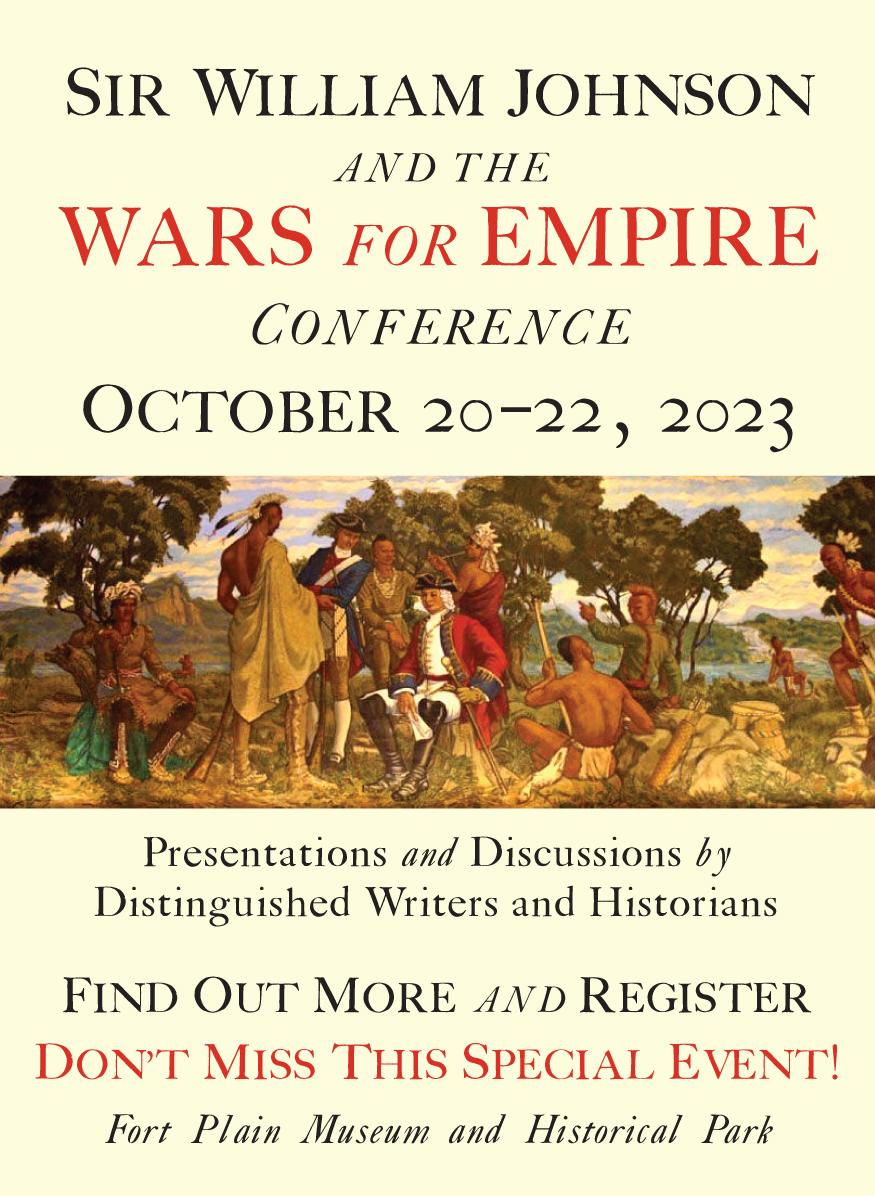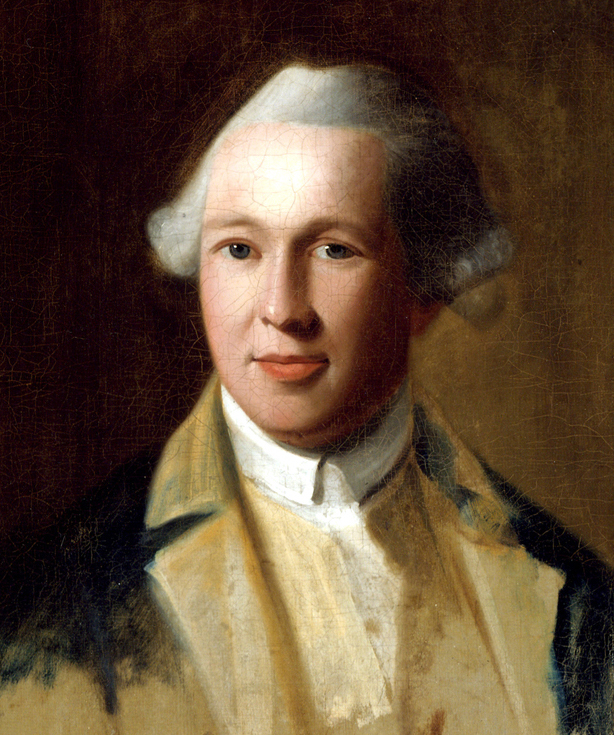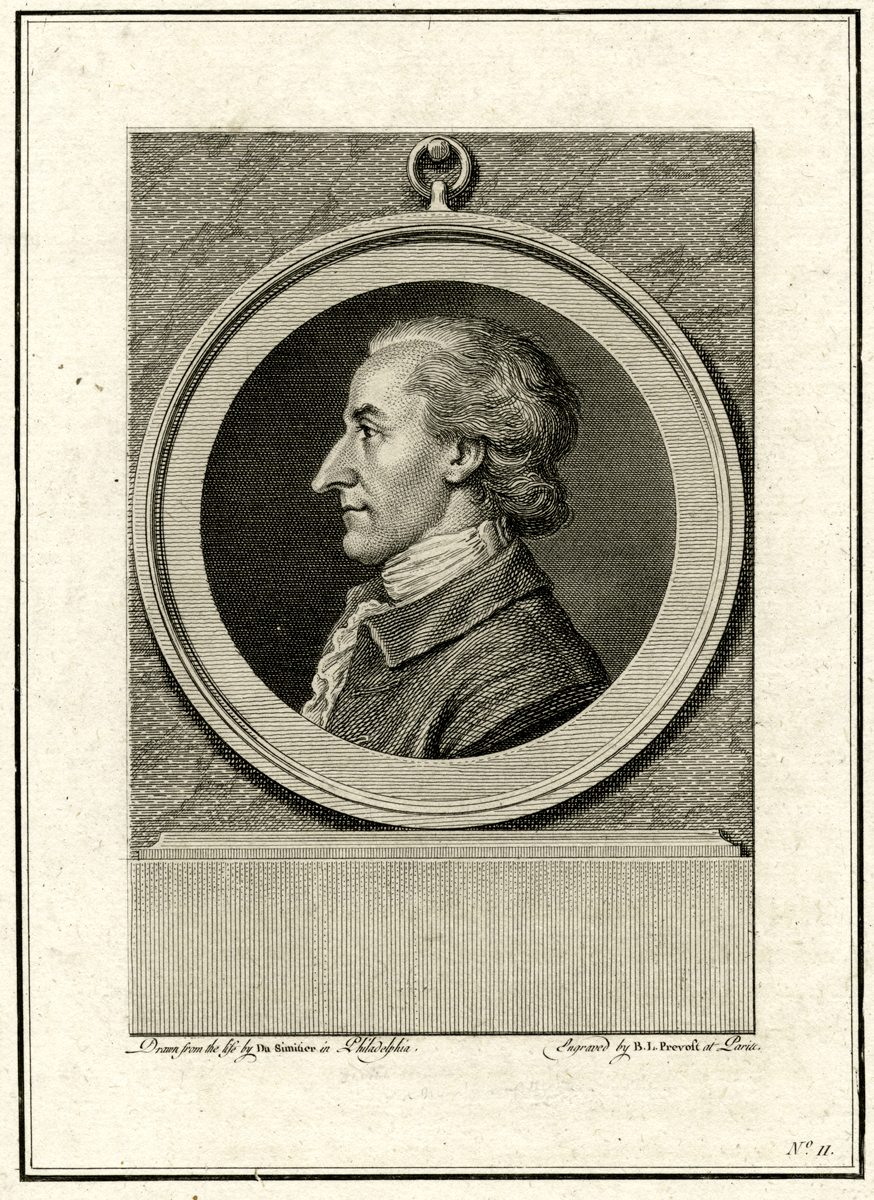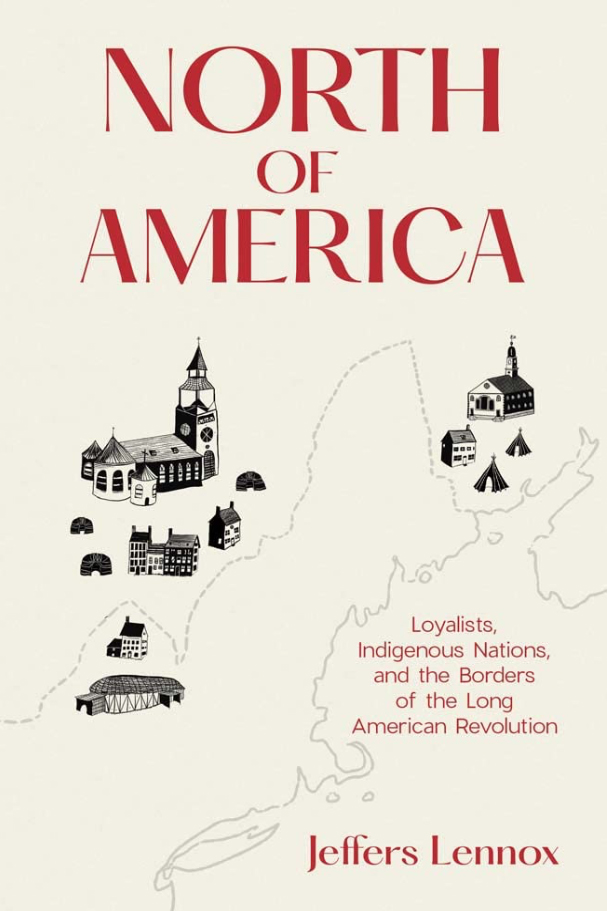Upon the death of his grandfather on May 31, 1740, Frederick William II of the House of Hohenzollern became the King of Prussia. Over the next forty-six years, he pursued two goals: modernizing Prussia and reuniting the lands that had once been part of Prussia. In his youth he received a classical education including exposure to the philosophy of the French Enlightenment. As a young man he acquired considerable battlefield experience, but it was only after he became King that he displayed his skills in the areas of military strategy, logistics, mobility, and tactics. These skills brought Frederick and his army of 80,000 men a number of victories on the battlefield. His two greatest victories resulted in Prussia gaining control of the province of Silesia from Austria and acquiring the northwestern part of Poland. In many other ways, he was a man ahead of his time. He supported freedom of speech, freedom of the press, and promoted religious tolerance; he established the first veterinary school and first law school in Prussia; he required compulsory primary education that was tax-funded for boys and girls up to the age of fourteen; he built canals, the Berlin Opera House, the Royal Library and St. Hedwig’s Cathedral (all of which stand today); he protected Prussian industries with high tariffs, but imposed minimal taxes on domestic trade; he funded a massive drainage program that turned 150,000 acres into rich farmland, controlled the price of grain for the less than fortunate and re-instituted the Prussian Academy of Science, to name a few. By the time he died, Frederick had transformed Prussia from a small unimportant kingdom into one of the enlightened countries in Europe.
In 1754 war broke out between England and France in North America over the settlement of the Ohio River Valley. It became known as the French and Indian War (1754-1763). Two years later, the war spread to Europe and there became known as the Seven Years’ War (1756-1763). It was the fourth intercolonial war between England and France in a period of seventy-five years. The first three wars were King William’s War a.k.a. The War of the League of Augsburg (1689-1697), Queen Anne’s War a.k.a. the War of Spanish Succession (1702-1713), and King George’s War a.k.a. the War of the Austrian Succession (1740-1748).
The Seven Years’ War in Europe arose over issues that had been left unresolved by the War of the Austrian Succession and because Frederick was beginning his efforts “to reunite the lands that at one time were part of Prussia.” Supporting Prussia were England and Hanover; supporting Austria were France, Russia, Saxony and Sweden. To assist Frederick and his army with their campaign costs, George II of England granted Frederick an annual subsidy of nearly 700,000 pounds. In the early years of the war, the Prussian army was very successful. In 1756, they captured Saxony; in 1757, they defeated the French at Rossbach and the Austrians at Leuthen; and in 1758, they defeated the Russians at Zorndorf. It was not until 1759, with Sweden entering the war, that the tide turned. Fighting on more than one front (Russians forces on the east, Austrian forces on the south, Swedish forces on the north and at times, French forces on the west) soon became too much for the Prussian army. Even though he started the war with an army of 154,000 men, Frederick found himself in a desperate situation. In 1759, Austrian forces invaded Saxony and expelled the Prussians while the Russian forces took control of eastern Prussia. Two factors, however, would turn the war back in Frederick’s favor: the first was the withdrawal of Russia and Sweden from the war, and the second was the severe losses France had suffered in North America (namely at Louisbourg in 1758 and Quebec in 1759). Fighting alone against Prussia, Austria was soundly defeated in 1762.
On October 25, 1760, George II died and his grandson, George William Frederick, the Prince of Wales, was crowned King George III. Being only twenty-two years old, he knew that he needed an advisor and minister he could trust. Three days later he made John Stuart, the Earl of Bute and his childhood tutor, a member of the Privy Council. He believed that Bute was the only man to whom he could entrust his reputation and honor. Not long afterwards, Bute reinforced the King’s fear by telling him that the two most powerful men in the Privy Council, William Pitt, the Secretary-of-State for the Southern Department and de facto Minister of War, and Thomas Pelham-Holles, the Duke of Newcastle and Prime Minister, could not be trusted. The Newcastle-Pitt ministry supported Frederick by sending supplies, soldiers, and the annual campaign subsidy. As the war was coming to an end, Pitt strongly disagreed with some members of the Privy Council, including Bute, the recently-named Secretary-of-State for the Northern Department,[1] over the recently begun peace negotiations between England and France; this conflict eventually led to Pitt’s resignation on October 5, 1761.[2] Newcastle disagreed with the decision on the part of King and Bute to stop sending the annual subsidy to Frederick; this conflict led to Newcastle’s resignation on May 26, 1762. King George immediately appointed Bute, the new Prime Minister.[3] King George, looking for ways to reduce his war expenses, decided on the following:
I think unless we can get rid of our expenses somewhere, it will be impossible to bear up when a new power attacks us . . . So superior is my love to this my native country over any private interest of my own that I cannot help wishing that an end was put to that enormous expense by ordering our troops home [from Prussia].[4]
He and Bute also decided to discontinue the annual subsidy. When Frederick learned of their Decisions, he was irate and felt betrayed by England:
The King of Prussia has more cause for complaint than all the rest [of the European powers]. He had to reproach the English monarch with the peace he had concluded with France, by which England had abandoned Prussia.[5]
He would forever have disdain for England, but hatred for Bute and his party:
The Scotch Earl Bute governed the king and ministry. Resembling those malignant spirits, of which we continually speak, but which we never see, he concealed both himself and his operations in deep darkness. His emissaries, his creatures, were the engines by which he moved the political machine, according to his will. His system of politics was that of the old Tories, who maintained that the happiness of England required that the King should enjoy despotic power.[6]
As an ally of England and a student of war, it is not surprising that he had an interest in the problem beginning to arise between England and her American colonies. Most of the information he received was sent to him by his ambassador to the Court of St. James, Baron de Maltzan. In November of 1774, Frederick wrote to Maltzan that the American colonies seemed firmly resolved to maintain their liberties and that he disapproved of England’s policies.[7] In February 1775, as interested as he was in what was unfolding in America, he made it clear to Maltzan that he did not want to be drawn into it.[8] On May 15, 1776, he wrote that England’s manufactures and overall commerce would suffer a great deal if she continued on the path she was pursuing and that Parliament would regret the actions they had taken.[9] Maltzan was probably the first to suggest to King Frederick that the time might be right for him to consider opening commercial relations with the American colonies. Frederic responded:
What you add concerning the establishment of a direct commerce appears to me, considering the actual relations between my state and America, still very problematical. Of all the merchandise in exchange, Virginia tobacco would be the principal article. But without a navy how do you expect me to protect such a commerce or make it respected.[10]
On September 26, the Continental Congress appointed Benjamin Franklin, Silas Deane, and Thomas Jefferson, the American Commissioners to the Court at Versailles; their task was to establish diplomatic and commercial relations with and to secure arms and munitions from France. Four weeks later, Jefferson announced that due to family-related issues, he was unable to serve as one of the commissioners. The Congress immediately appointed Arthur Lee, the brother of Richard Henry Lee, an American who had graduated from the Middle Temple and leading member of the Bill of Rights Society in London, as his replacement.
Since August, Deane had been quietly reaching out to the Prussian Ambassador, Baron Bernhard Wilhelm von de Goltz, and to the Prussian commercial agent in Paris regarding the establishment of diplomatic and commercial relations between the two countries.[11] In early October, Silas Deane sent William Carmichael, his secretary, to the Court of King Frederick the Great in Berlin; his task was to explain to the king the nature of the commerce the colonies wished to establish with his country.[12] Frederick, hesitant to begin any type of direct commerce that would provoke the ire of England, would only agree to the exchange of commodities, i.e. tobacco for linens, woolens, copper, and lead as long as it was conducted through the ports of France. Shortly after Carmichael returned to Paris, Franklin arrived from the American colonies and Lee from London.
On February 14, 1777, Franklin, Deane, and Lee sent the following letter to Baron Gebhardt Wilhelm von der Schulenburg, the Prussian Minister of State:
We have the honor of inclosing the Declaration of the Independency of the United States of North America, with the Articles of their Confederation; which we desire you to take the earliest Opportunity of laying [them] before his Majesty, the King of Prussia: At the same time We wish he may be assured of the earnest desire of the United States to obtain his Friendship; and by a free Commerce, to establish an intercourse between their distant Countries.[13]
On March 12, Frederick wrote to Schulenburg:
I do not wish to disoblige nor to offend the colonies by a complete refusal of the propositions . . . [but] It appears to me to be more expedient for you by a civil answer to attempt to keep them in the friendly disposition they appear to entertain towards us . . . In this way the above-mentioned colonies will not be offended, and we shall have the means of entering into negotiations with them should circumstances become more favorable.[14]
On the same day, Franklin and Deane wrote to the Committee of Secret Correspondence:
We are glad to learn the intention of Congress to send ministers to the empires of Prussia and Tuscany . . . Mr. Lee has expressed his readiness to go to Prussia.[15]
On April 19, they again wrote to Schulenburg, informing him that they had been directed:
to send a Minister to your respected Court with all convenient expedition properly impowered to treat upon affairs of importance, and that we are in the mean time instructed and authorized . . . to solicit the Friendship of your Court, to request that it would afford no aid to their enemies, but use its good offices to prevent the landing of troops by other powers to be transported to America for their destruction, and to offer the free Commerce of the United States to the Subjects of Prussia . . . We propose that one of us shall wait on your Excellency as soon as conveniently may be done, to explain personally the Situation of America, the nature, extent, and importance of its commerce, and the methods by which it may be carried on.[16]
Frederick was not happy when he read the letter. He believed the commissioners were “in too much of a hurry with their propositions for a formal negotiation.” The following week the commissioners informed the Committee of Secret Correspondence of the letter they had sent to Schulenburg. In it they explicitly explained “the methods by which it [trade] may be carried on,” that is, by “obtain[ing] . . . the Privilege of their Ports to trade and fit Ships in, and to sell our Prizes.”[17] On May 20. Schulenburg wrote specifically to Arthur Lee, the commissioner appointed to attend the Prussian court in Berlin[18], and attempted to dissuade him from coming to Berlin:
Sir, I still apprehend difficulties which may interfere in the present circumstances with the establishment of a direct commerce . . . and that I consider our correspondence . . . rather as preliminaries to what may come to pass than as negotiations from which any immediate advantages may be expected.[19]
Unfortunately, Lee never received the letter; he had set out for Berlin the day before it was written.[20] Prior to his departure, Lee wrote to the Committee of Foreign Affairs (formerly called the Committee of Secret Correspondence) informing them that he was not taking Carmichael with him as his secretary but rather Stephen Sayre:
Mr. Sayre, late Sheriff of London, is to accompany me as secretary, Mr. Carmichael having refused to go unless the commissioners would give him a commission which we did not think ourselves authorized to do.[21]
In order to avoid the German states (i.e. Hanover, Brunswick, Waldeck, Hesse and Ansbach) that supported England, Lee had to travel by a southerly route to almost the Austrian Empire before turning north. He did not reach Berlin until June 4. His first task the next day was to notify Schulenburg of his arrival.
To be continued.
[1]Charles Wyndham, the Earl of Egremont, Pitt’s brother-in-law, was appointed to the office in March 1761.
[2]Charles Wyndham, the Earl of Egremont, Pitt’s brother-in-law, was appointed to the office.
3 Letters from George III to Lord Bute, 1756-1766, Romney Sedgwick, ed., (London: Macmillan and Co., 1939), Letters 45 and 47.
4 Christopher Hibbert, George III – A Personal History (New York: Basic Books, a member of the Perseus Books Group, 1998), 88.
5 Thomas Holcroft, ed., Posthumous Works of Frederick II, King of Prussia (London: G. J. and J. Robinson, 1786), 4:179.
6 Ibid., “Frederick to de Maltzan, November 17, 1777,” 4:172.
7 “Frederick to de Maltzan, November 14, 1774,” in Adolphe de Circourt, Histoire de l’ Action Commune de la France et del’ Amerique pour l’Independence des Etats-Unis (Paris, 1876), 3:163.
8 “Frederick to de Maltzan, February 27, 1775,” ibid., 3:170. This was again stated in a letter to Maltzan on June 29; Frederick wrote that he would be a “tranquil spectator” and would “await the denouement of the scene with indifference.” Ibid., 3:173.
9 “Frederick to de Maltzan, May 15, 1776,” ibid., 3:172.
10 “Frederick to de Maltzan, June 3, 1776,” ibid., 3:195.
11 “To the Committee of Secret Correspondence, August 15, 1776,” “To the Committee of Secret Correspondence, August 18, 1776,” “To the Committee of Secret Correspondence, October 1, 1776” and “To the Committee of Secret Correspondence, November 28, 1776,” in Jared Sparks, ed., The Diplomatic Correspondence of the American Revolution(Boston: N. Hale and Gray & Bowen, 1829), 1:32, 20,47, 72.
12 “Carmichael to the Committee of Secret Correspondence, November 2, 1776,” in Francis Wharton, ed., The Revolutionary Diplomatic Correspondence of the United States(Washington DC: Government Printing Office, 1888), 2:185.
13 “The American Commissioners to Baron Schulenburg, February 14, 1777,” founders.archives.gov/documents/Franklin/01-23-02-0205.
14 Friedrich Kapp, Friedrich der Grosse und die Vereinigten Staaten von America (Leipzig: 1871), 22-3.
15 “Franklin and Deane to the Committee of Secret Correspondence, March 12, 1777,” in Wharton, The Revolutionary Diplomatic Correspondence of the United States, 2:288.
16 Willaim Willcox, ed., Benjamin Franklin Papers (New Haven, CT: Yale University Press, 1983), 23:591a.
17 “The American Commissioners to the Committee of Secret Correspondence, April 28, 1777,” www.founders.archives.gov/documents/Franklin/01-23-02-0427.
18 “Arthur Lee to Baron Schulenburg, May 8, 1777,” in Wharton, The Revolutionary Diplomatic Correspondence of the United States, 2:316.
19 “Schulenburg to Arthur Lee, May 20, 1777,” ibid., 2:321.
20 “Arthur Lee to Franklin, May 18, 1777,” ibid., 2:321.
22 “Arthur Lee to the Committee of Foreign Affairs, May 13, 1777,” ibid., 2:320.














One thought on “King Frederick the Great and the American Colonies: The Preliminaries”
Extraordinary detail and exposition. Both informative and entertaining – well done.
Apropos, I reside in King Of Prussia, Upper Merion Township, Pennsylvania, and the history and time-line are important to me.